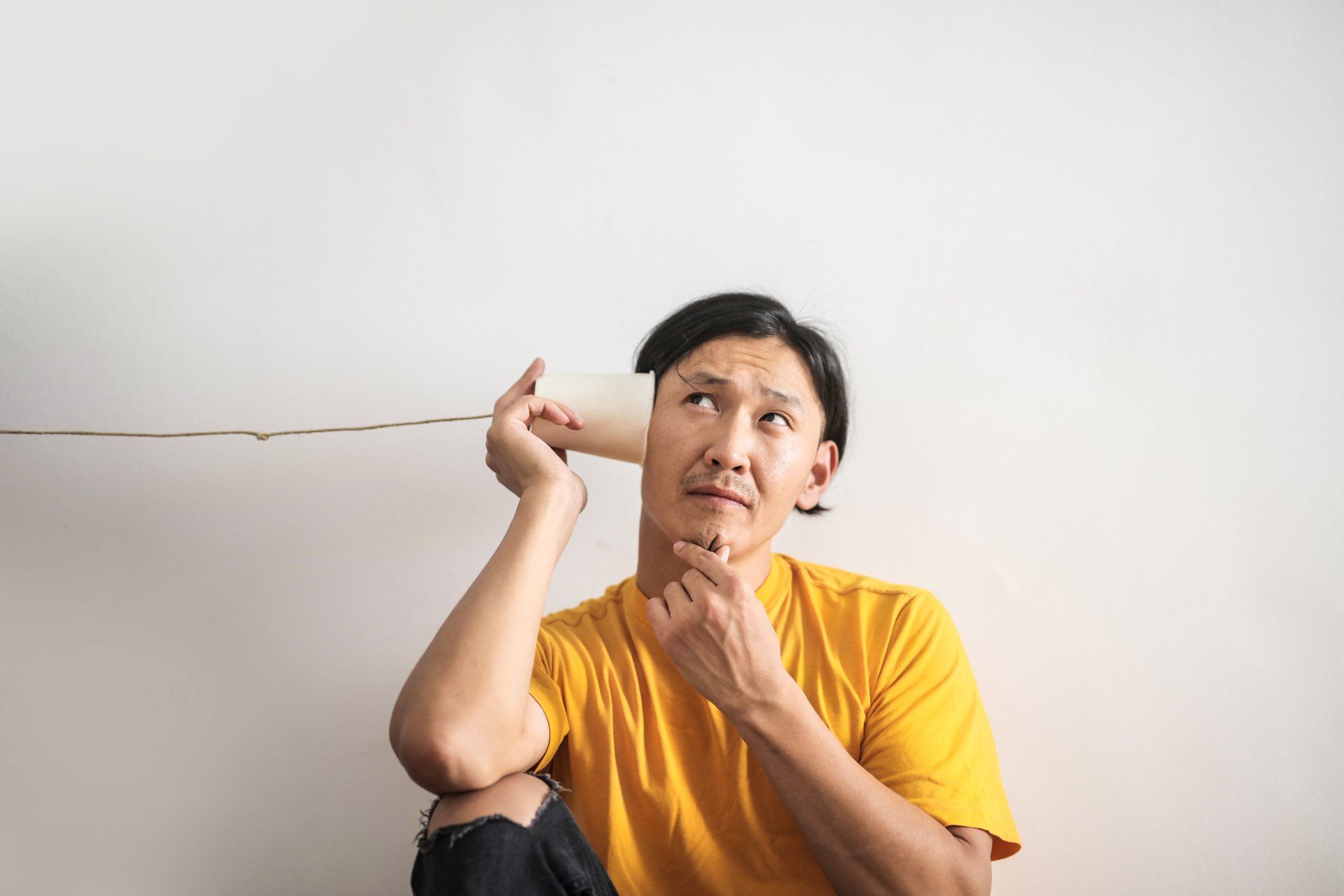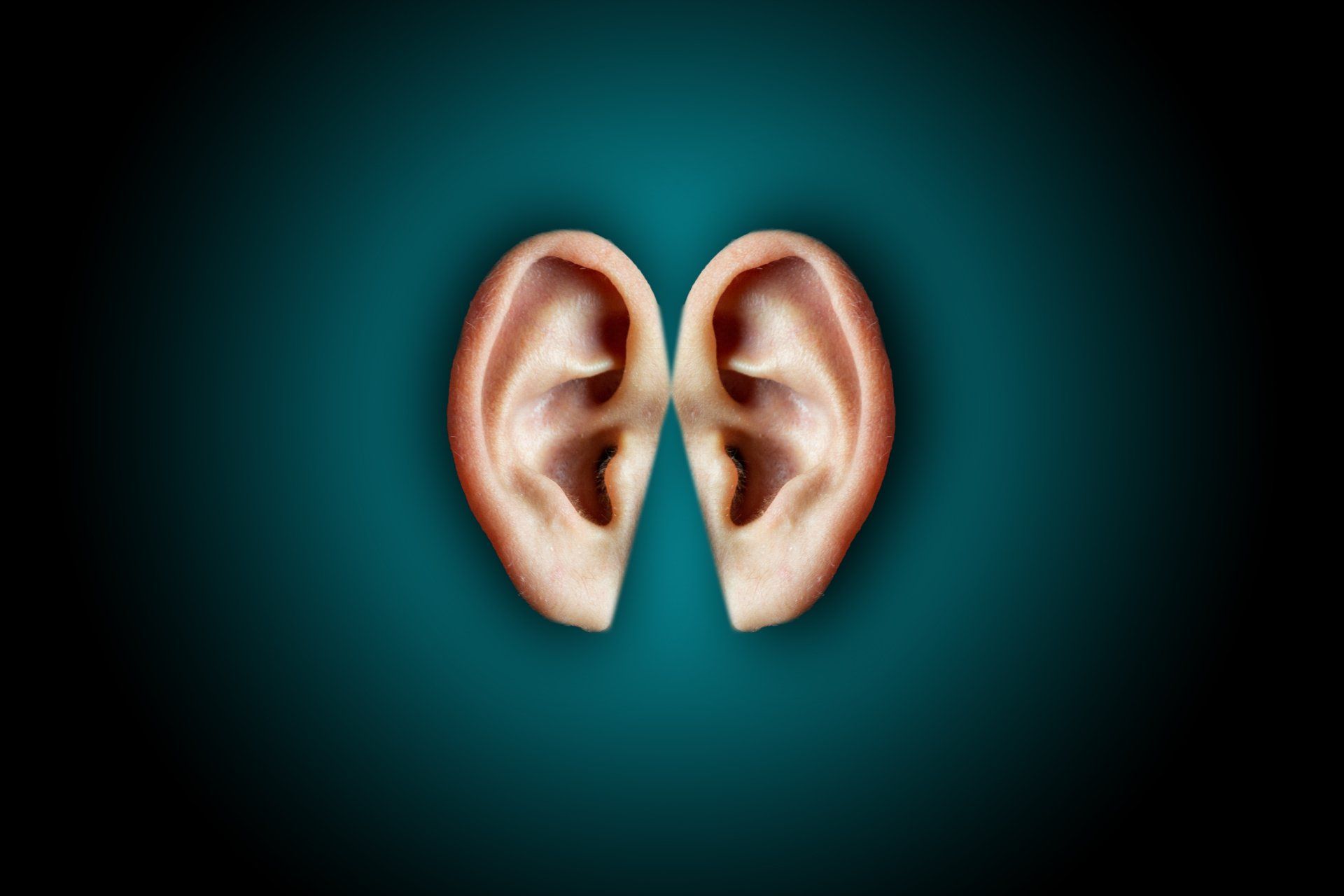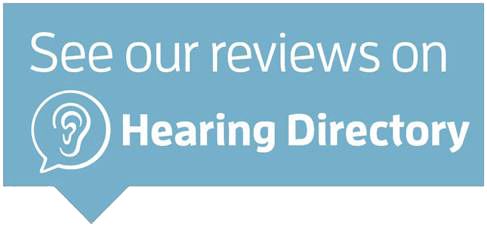How to buy a hearing aid
I am occasionally asked by family who live in other provinces if I can “sell” them a hearing aid to save them money. I understand that hearing aids are an expensive proposition, but I have refused every time and referred them to excellent colleagues. My explanation is always the same. I tell them, “Who you see will make a bigger difference than what you get.” My family will need follow up and aftercare that I can’t deliver when they don’t live in Alberta. As a result, even though my own mother wears hearing aids, I am not her Audiologist.
We should never lose sight of the fact that hearing aids fall squarely under health care but it can be a confusing experience, with a lot to lose. It may be worthwhile to consider a few tips in finding the right professional.
- Beware of misleading advertising. I saw a TV ad the other day from a major entity in the world of hearing aids that implied their hearing aids could “erase” background noise and only let you hear speech. There is not a hearing aid on the planet, for any amount of money, that can do that the way they suggest. If they could, we would all wear them like we wear sunglasses, even when our vision is normal. Likewise with digital advertising, if you have any internet presence or social media, you are being targeted with ads based on your age, search history, etc. Be wary of what they are telling you. There is no single hearing aid that has “taken over the (Red Deer or Olds) market.” That is a digital manipulation. Be skeptical.
- Am I being helped or am I being sold? The experience should feel like health care, not a retail transaction. The conversation should be about treatment outcomes (speech understanding) before gadgetry and smart phones. There should be a plan to achieve this that includes best practices and real ear measurements (see part 1 in a previous article).
- What is being recommended? There are about 6 major global hearing aid manufacturers. It is in your best interest to use a technology developed by a major manufacturer to ensure cutting edge research as well as reliability. These have to pass testing with Health Canada to qualify as a medical device. They are therefore exempt from GST and can be claimed as a medical expense on your taxes.
- Can anyone adjust my hearing aid? You have the right to choose the professional you work with. But what happens if you lose faith in your professional or if you move cities? Sometimes, the devices are “locked” and can only be adjusted or changed by the company that originally dispensed the devices. This restricts your choice of health care provider. Make sure you get “open platform” devices that can be programmed by any Audiologist or hearing care provider anywhere you may be.
- What is the plan for after care? You absolutely will need aftercare, support and counseling about your hearing and hearing aids.
- Do I have time to make my decision? You should have no less than one month to try the hearing aids with an option to return them if they don’t meet your expectations. You should not sign anything that obligates you before that trial period is completed. Any suggestion that “you’ll get used to it” is not a legitimate reason to sign something before you are happy with the results.
Health care regulation ensures minimum competence. But maybe we should be looking for excellent, not just competent. You should be comfortable with the relationship and know that professional is committed to your improved communication. Don’t be afraid to interview your health care providers and make the right decision for you.



